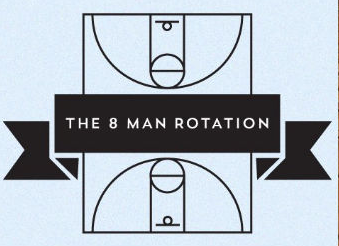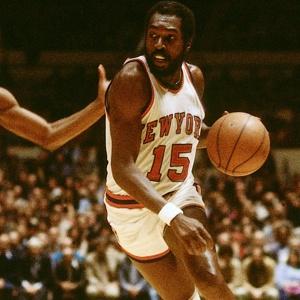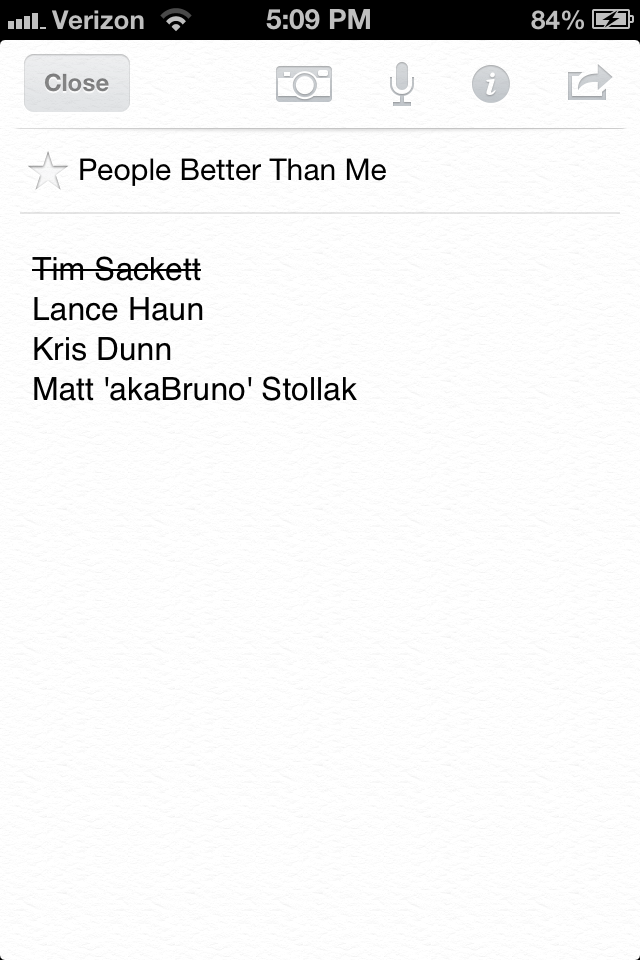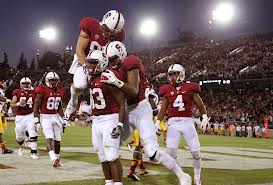Trying to look better vs. trying to get better
Quick take from the world of the NBA - and no, I'm not tapping the sports world solely to try and surpass in 2013 the number of contributions I had last season towards The 8 Man Rotation - A Look at Sports and HR E-book.
So here's the take - if you are an experienced professional near the top of your game, but still have some room to grow to truly reach your ultimate goals - the big promotion, the fatty paycheck, or in the sports world, it might be the Championship title, etc. the outside advice that you seek and who you choose to engage with makes a pretty big statement about your dedication to your craft.
What do I mean by that?
Let's take a look at two recent examples from the Association:
Exhibit A - Deron Williams of the Brooklyn Nets hires his own personal beat reporter
Here's an odd story from today's Wall Street Journal, about a new member of the Brooklyn Nets corps of beat writers. Devon Jeffreys is a credentialed reporter like all of the rest, but he's really only at Nets games to cover one player: Deron Williams. And he's there to cover Deron Williams for a website that Deron Williams himself is the owner of: DeronWilliams.com. Athletes having a personal website to trumpet their accomplishments is nothing new, but Williams's site is rare in that it features content that is written like regular news stories, save for the fact that Williams is always the central figure.
Exhibit B - Kevin Durant of the OKC Thunder hires his own personal performance analytics coach/consultant
Kevin Durant has hired his own analytics expert. He tailors workouts to remedy numerical imbalances. He harps on efficiency more than a Prius dealer. Durant sat in a leather terminal chair next to a practice court and pointed toward the 90-degree- angle at the upper-right corner of the key that represents the elbow. “See that spot,” Durant said. “I used to shoot 38, 39 percent from there off the catch coming around pin-down screens.” He paused for emphasis. “I’m up to 45, 46 percent now.”
Pretty obvious that these two 'hires', or personal development strategies represent two strikingly different approaches to performance improvement. Williams' personal beat reporter is there to make Williams look better. Durant's analytics coach is there to help Durant get better.
Now to be fair these examples are kind of cherry-picked - Williams might have his own analytics coach, personal trainer, dietitian, etc. to help his actual game improve. And Durant might have his own PR reps and spin doctors to help his public image. Both players have the resources necessary to have all of their professional bases covered. So it isn't completely fair to call them out in this way with imperfect or incomplete information.
But you and me?
If we are engaging with experts or taking the time to get some outside 'performance' help, we probably do have to make choices about where to invest our more limited resources, and perhaps more importantly, our limited time. I think about this a lot in the context of what people do online - maybe it's changing profile pics every other day or making sure they shoehorn in a comment on every LinkedIn group discussion that they know people in their field will see. Or perhaps it's the proliferation of personal branding or career coaches - to me that entire field only exists because people are getting a little too focused on looking better vs. actually getting better.
If you worry about looking better too much, you might end up looking a little better, sure.
If you care mostly about getting better, then the looking part takes care of itself.

 Steve
Steve



